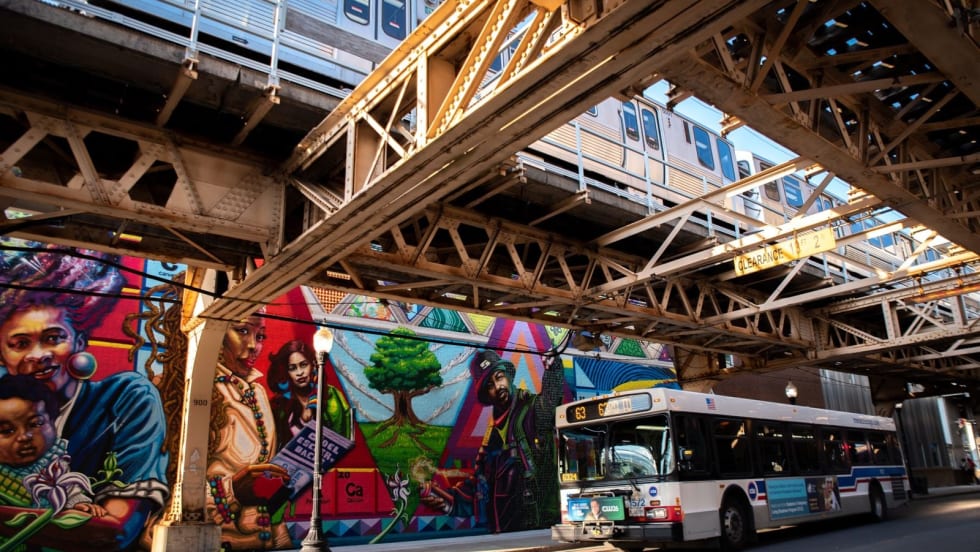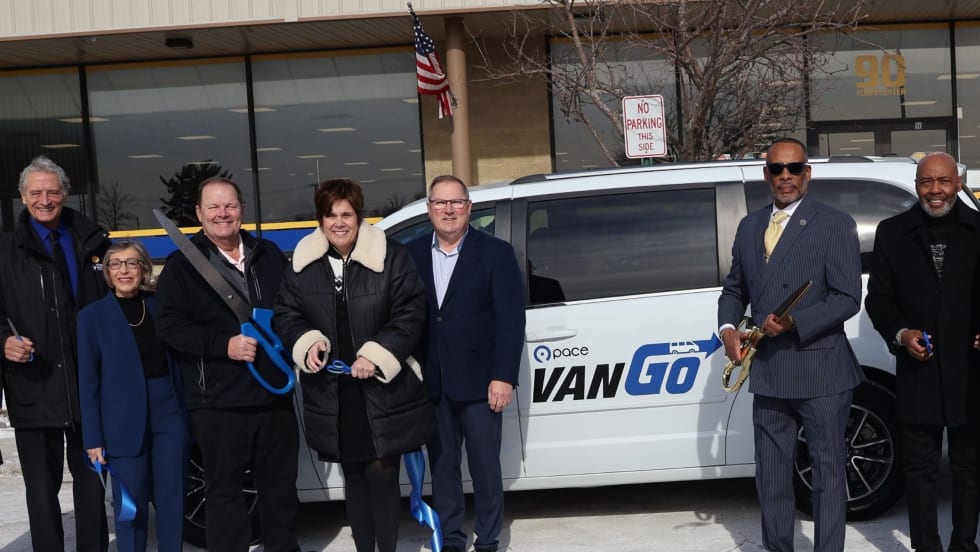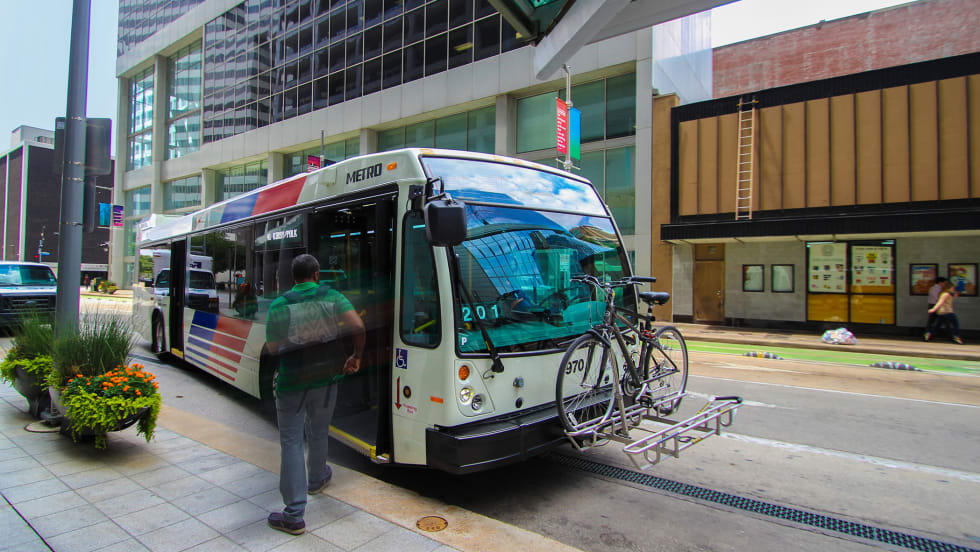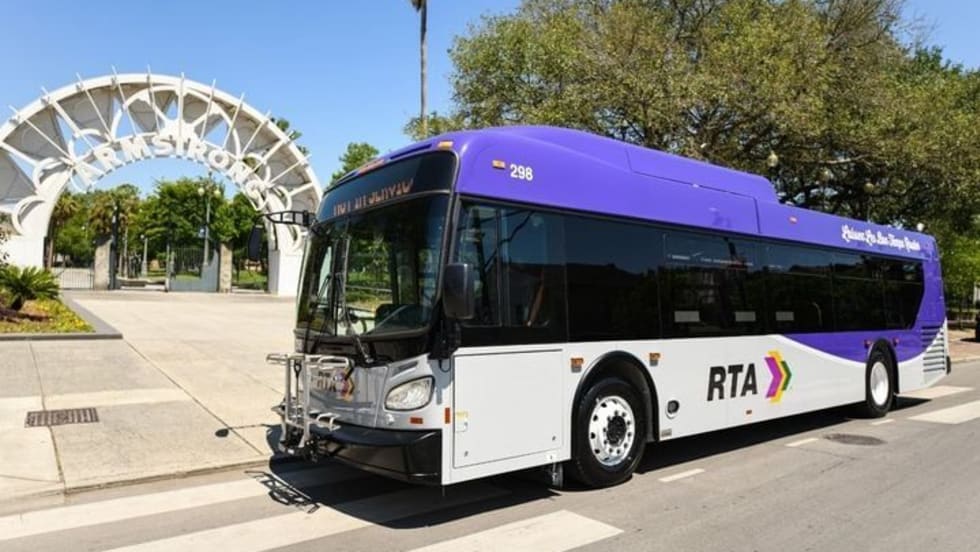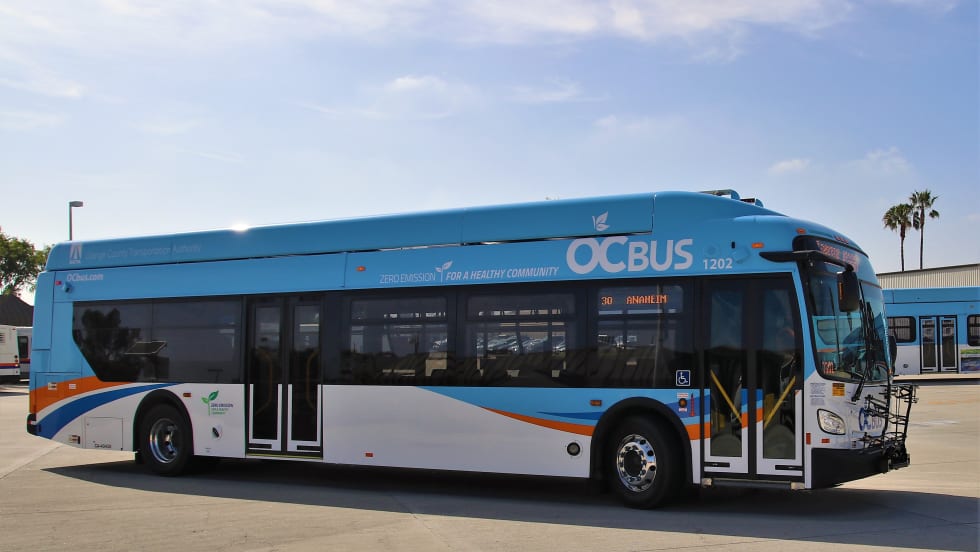Meredith Greene has built a 20-year career in public transportation with a passion and confidence that she found along the way. Now, Greene shares how other women working in transit can find theirs.
Meredith Greene’s transportation industry experience spans over 20 years, honing in her craft on public transportation, coordination, and mobility management.
Greene currently operates her independent consulting practice, Socius Amica, as principal and CEO. She specializes in rural and small urban transit planning, coordinated planning, mobility management, and training for transit providers.
Greene previously held positions at Nelson/Nygaard's Mobility Management, Access and Policy Sector, the Texas Transit Association, the Texas A&M Transportation Institute, and Austin, Texas’ CapMetro.
Greene has learned what it’s like to work as a woman in the transportation industry over the last two decades and now reflects on how she found a passion for her career and shares what she has learned along the way.
Finding Passion for Transit
Greene’s initial interest in the industry was tied to her degrees in planning and geography. She had a curiosity about how systems worked and connectivity within cities.
“I’m always looking at things systemically and thinking through what could be improved and changed,” Greene says. “I loved combining problem-solving and planning to make systems and communities more functional. Once I started problem-solving with people in mind, the passion took over.”
After starting as a transit planner, Greene says she fell into researching everything: federal transit funding, policymaking, good system design, and then found herself at Texas A&M Transportation Institute as a researcher.
“I loved having the ability to research my favorite topics in public transit and presenting recommendations and solutions to help transit agencies,” Greene says.
From there, Greene’s next major move was becoming the executive director of the Texas Transit Association. That role allowed her to plan training opportunities for transit agencies that had a need to grow their staff skills and abilities.
On a larger scale, they worked with the Texas Transportation Commission to pass legislation for a new funding category in the state, making it easier for those transit agencies that were rapidly growing and transitioning to “large urban” to continue to tap into funding for operations.
“Over time, I missed the planning aspect of transit and took the opportunity to join Nelson\Nygaard’s consulting team where I could problem-solve, design services, develop policies and recommendations for systems that needed them,” Greene says.
However, Greene’s dream was always to open her own consulting firm.
“I realized that if I kept waiting for ‘the perfect timing’ that it would never happen,” she explains. “Sometimes you must close your eyes, be brave, and make the leap, trusting that it will all work out.”
The memory that really unlocked Greene’s passion for the industry was her time at CapMetro.
An older couple would attend every downtown public meeting the agency would have. Both individuals were visually impaired, and they relied heavily on CapMetro’s services to maintain their quality of life and always wanted to understand how proposed service changes might impact their “usual routes.”
“I loved getting the opportunity to sit with them, talking about their transit experiences, discussing proposed service changes, and simply asking how their day was going,” Greene says. “It was during that same period I was asked to be the agency’s liaison to the regional transit coordination committee, working on transportation and human service coordination in the 10-county region. It’s been almost 20 years and those are some of my favorite plans to work on.”
Perspectives Gained Working as a Woman in Transit
Greene’s passion has fueled a 20-year-long career, and it has come with the challenges of working as a woman in the industry. She believes that the industry has made “huge strides, but there’s always more work to do.”
There was a time when Greene sat in meeting rooms and board rooms where the individuals she was presenting to would only speak to the male project partners, despite the fact she was the project manager.
“When things like that would happen, it only made me want to work harder to prove that I belonged,” Greene says. “In a way, those instances shaped who I’ve become today, so despite it all, I’m grateful. I’m happy to see more opportunities for women in the industry today, and more workplaces making space for women leadership.”
From a planning perspective, Greene believes there is more work to do as far as transit design for women.
“Safety measures are always a consideration, but more than that, design for how women access and use transit should always be a consideration,” Greene says. “As a mother of five children, I remember trying to get strollers up and down the stairs and escalators to transit centers when elevators are no longer working, and hauling work bags, diaper bags, and small children on both buses and rail.”
Advice for Women Working in Transit
Greene believes the transit industry is in good hands, as she acknowledges and cheers on the accomplishments of her peers. That is one piece of advice she shares with women working in transportation.
“Women are not each other’s enemies,” Greene says. “We need to continue our concerted effort to support one another, lift each other up, ensure our fellow female colleagues are being heard, and be each other’s biggest cheerleaders.”
While Greene believes companies can provide better transit design for women and continue to be proactive on equity initiatives, she also believes confidence can go a long way.
“I think that all too often, women experience impostor syndrome,” she says. “It’s such a mind game, and can really impact your ability to speak up, even after years of working in your field. One of the best things that happened to me was when one of my supervisors questioned me. She told me she was questioning me not because she was challenging me, but because she wanted to hear my perspective. It was the biggest confidence boost that led me to believe in myself — that I had value.”





